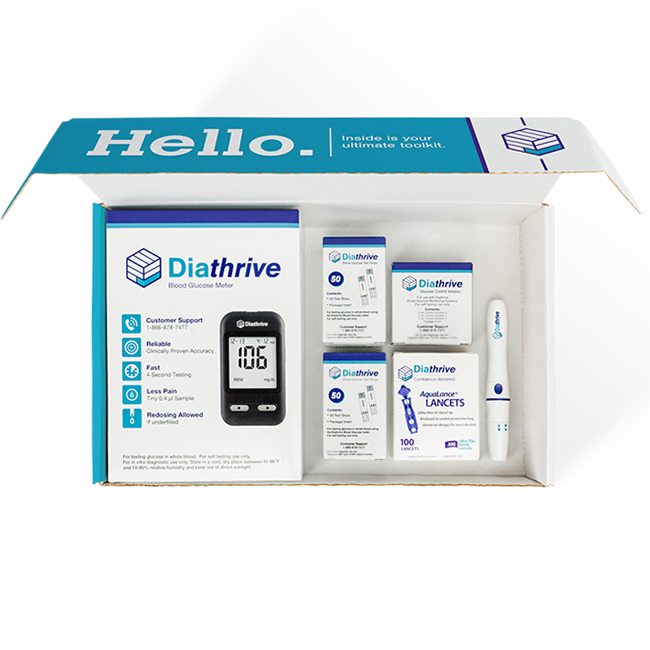
Your mindset matters when it comes to your diabetes care. Corinna Cornejo shares her strategies to overcome damaging mindsets.
Managing diabetes is as much a mental game as anything.
Along with all the activity that makes up daily diabetes care (checking glucose levels, dosing insulin, taking medication, consciously choosing what to eat, getting exercise, getting rest, etc.) keeping on-track also requires a productive mindset. After all, having access to the most effective tools in diabetes care won’t do any good if you can’t stay actively engaged.
Damaging mindsets are one of the things that can get in the way of actively and effectively engaging in diabetes self-care.
Mindsets, Why Do They Matter?
Your mindset shapes your inner dialog — that stream of thoughts that runs continually through your mind. It’s that voice that helps you feel a sense of satisfaction when things go according to plan. It’s also that voice that asks pointedly “Why did you do that?” when something goes off the rails. Your mindset can be both supportive and discouraging.
Damaging mindsets are habitual thoughts that are based on faulty or inaccurate information or assumptions.
One example is all-or-nothing thinking or absolutism. This might look like believing that you have to keep your glucose levels within your target range 100% of the time. Anything else is failure. There is no flexibility. No in-between.
All-or-nothing thinking is often followed by the “should”s. I should always keep an eye on my glucose levels. I should only eat low-carb. I should exercise every day. I should strive for perfection.
Often, thoughts that discount any positive results follow along. Wins, no matter their impact, are seen as too little, too late. My glucose levels were in-range, but only for a day. I got a full eight hours of sleep, if only I could do that every night. My A1C hit my target — this time.
When you get stuck in a damaging mindset it drives a lot of negative emotions and feelings. These include feelings of hopelessness, anxiousness, shame, frustration, anger, and depression. When left to fester these feelings drain away energy and motivation, ultimately undermining your ability to keep up your diabetes self-care.
What To Do About Damaging Mindsets?
Borrowing some techniques from cognitive behavioral therapy (CBT) can help. CBT calls on you to interrupt the flow of your inner dialog so that you can examine your thoughts and reframe them.
Interrupt your flow of thought. When you notice yourself feeling anxious or winding up take a deep breath and take a mental break. Stop your flow of thoughts so that you can step away from them and examine them a bit.
Ask yourself one key question: Is this true? This will help you detach from your thoughts so that you can examine them. This is the most effective question you can ask yourself to test the validity of your thinking. When that voice in your head says something like “I always…” stop and ask yourself “Is that true? Do I always forget?”
Label your thought. Tell yourself, “This is just my mind being…” By labeling the thought as an exaggeration or wrong-headed, etc., you are giving it some context and taking away its power. It’s no longer the truth.
Let it go. Recognize that things will happen. Maybe you make a mistake. Maybe diabetes was just being unpredictable. Maybe the thing that happened couldn’t be prevented this time. Just because it happened once doesn’t mean the same thing will happen every time.
Finally, show yourself some grace. Treat yourself as you would a friend who was in the same situation. Would you harangue that friend with criticism and judgment? Probably not. Don’t treat yourself worse than you would a friend.





